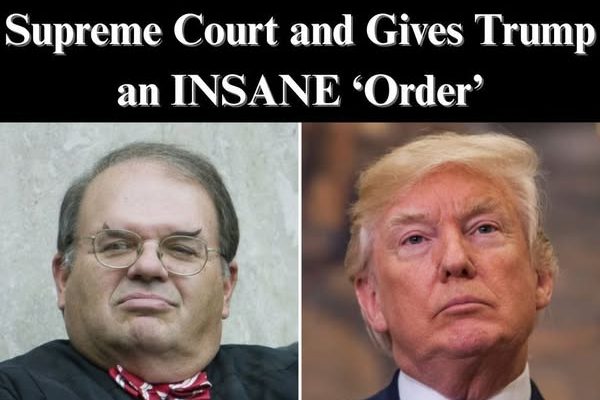After several weeks of decline, President Donald Trump’s approval rating among millennials experienced a significant turnaround this week, as indicated by a new poll released on Tuesday by The Economist and YouGov.
According to Newsweek, throughout his political career, Trump has consistently emphasized positive approval ratings and poll results during press conferences and campaign events. Nevertheless, declining poll numbers could diminish his influence in an already highly polarized environment and potentially harm Republican prospects in the 2026 midterm elections.
When Trump returned to the White House in January, his approval ratings were robust. However, his approval has somewhat decreased in certain polls, amid rising economic and political concerns, including backlash against his tariff policies.
Both Trump and former Vice President Kamala Harris have made it a priority to engage millennials through podcasts and digital media as a key strategy for the 2024 campaign, aiming to connect with a generation that is increasingly skeptical of traditional media and conventional political messaging.
Millennials—typically defined as individuals born between 1981 and 1996—have overtaken baby boomers to become the largest age demographic, according to the Pew Research Center, making them a crucial demographic.
The new poll released on Tuesday indicates that President Trump has a 42 percent approval rating among millennials. The survey was conducted from June 27 to June 30, polling 1,648 U.S. adult citizens, with a margin of error of 3.3 percent.
In contrast, the poll from the previous week recorded his approval among millennials at 36 percent. That survey was conducted from June 20 to June 23, sampling 1,590 U.S. adults, with a margin of error of 3.5 percent.
When Trump commenced his second term, his approval rating among this voting bloc was recorded at 44 percent, with peak ratings of 48 percent observed in polls conducted during both February and June, as noted by Newsweek.
“The 6-point increase in Trump’s approval rating among millennials, highlighted in recent polls, signifies a significant change for a demographic that has now become the largest voting bloc, surpassing baby boomers,” stated Craig Agranoff, a political analyst, in an interview with Newsweek.
“I wouldn’t classify it as a clear victory for Trump, as millennials continue to be a fluctuating and diverse group, frequently skeptical of his overarching agenda,” Agranoff further commented. “This increase likely mirrors targeted messaging or economic optimism that resonates with younger voters, but it is premature to label it as a sustained trend.”
He continued: “Regarding the prioritization of millennials, Trump’s political approach has traditionally focused on energizing his core base, which tends to be older and more conservative voters, rather than customizing policies for younger demographics. His emphasis appears to be more on dominating the broader narrative than specifically addressing the public opinion of this age group.”
Polling trends suggest that Trump’s approval ratings among millennials may continue to vary in response to both foreign and domestic policy changes, as well as the upcoming midterm elections.
Both major political parties are anticipated to enhance direct outreach to voters through podcasts and alternative media platforms to bolster support within this vital demographic.
Last month, a poll conducted by Marquette University revealed that 66 percent of respondents approve of the president’s management of illegal immigration.
This poll was conducted nearly two months following the deportation of adjudicated MS13 gang member Kilmar Abrego Garcia, who was returned to El Salvador despite Democrats using him as a symbol to alter the narrative.
Additionally, a Quantus poll conducted in May indicated that the president was in a deadlock regarding his support, with 48 percent of voters approving of his job performance and 48 percent disapproving.
The survey dismissed the notion that the president experienced “the worst approval ratings” in contemporary history after 100 days, a claim that Democrats were advocating based on a singular outlier poll from CNN.
Enforcement of immigration laws has been a fundamental aspect of the president’s agenda, and the administration furthered this with the declaration of voluntary self-deportations.
The Department of Homeland Security will finance commercial flights and provide a $1,000 stipend to undocumented immigrants who wish to self-deport from the United States, a strategy that DHS asserts would result in significant cost savings.



